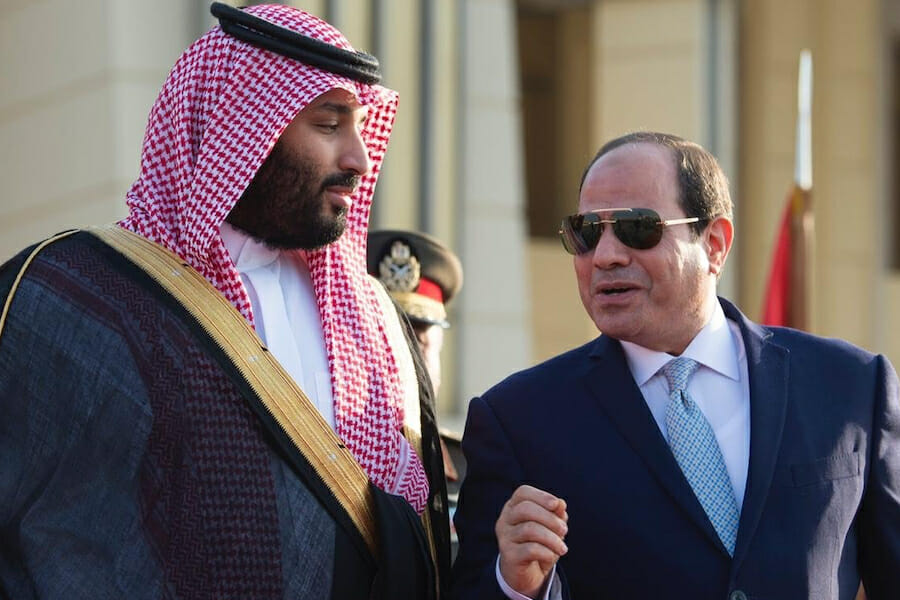
Why Egypt Cannot Afford Warmer Relations with Iran
For the past couple of years a number of analysts, columnists, and Mideast watchers have been forecasting a thaw in Egypt-Iran relations. Citing a series of overtures between Iran and Egypt, many experts argue that closer and warmer cooperation between the two is underway.
Despite being an ally of Iran’s arch-rival Saudi Arabia, Egypt’s foreign policy towards Syria is similar to that of Iran. Furthermore, the regime in Tehran has recognized Egypt as a stabilizing power in the Middle East by supporting Egypt’s participation in the Lausanne conference on Syria.
Despite Egypt’s overtures towards Iran, Egypt is bound, under President Abdel Fattah el-Sisi, to remain allied to Iran’s regional rivals, Saudi Arabia and the UAE, because both have sent financial aid to and foreign direct investment to Egypt following Sisi’s accession to power.
The regime in Tehran is unable to stabilize its economy due to international sanctions. The withdrawal of sanctions by the U.S. under Barack Obama, followed by the re-imposition of even tougher sanctions under the Trump administration, has compelled investors to conclude that Iran is currently an inconsistent and risky market. Hence, the weaker Iranian economy does not have the possibility to achieve stability soon enough to provide Egypt with sufficient cash or foreign direct investments something that only Saudi Arabia and the UAE can provide.
Egypt’s government, under Sisi, is largely dependent on Saudi Arabia and the UAE for financial, diplomatic and political support in order to tackle Egypt’s Muslim Brotherhood. Furthermore, Egypt, Saudi Arabia, and UAE are the contributors to the ongoing diplomatic and economic blockade on Qatar. The blockade has been imposed with the purpose of compelling Qatar to abandon its policy of supporting terrorism as well as abandoning the Muslim Brotherhood.
Sisi understands that closer cooperation with Iran is a risk his government cannot afford to take for fear of antagonizing Saudi Arabia and the UAE. At the same time, both countries cannot and will not let Egypt fall out of their political orbit since Egypt is Saudi Arabia’s and the UAE’s best insurance against the Muslim Brotherhood and Iran.
Saudi Arabia and the UAE prefer to keep the Muslim Brotherhood largely ineffective inside Egypt’s borders by making sure that the Sisi government is neutralizing the organization.
Saudi Arabia and the UAE both fear that if the Muslim Brotherhood comes to power in Egypt, the organization will threaten the region’s stability. Saudi Arabia and the UAE perceive Sisi as the right person to curb the organization’s campaign in Egypt.
Besides keeping the Muslim Brotherhood under check in the region, Saudi Arabia and the UAE needs Egypt for the overall balance of power in the region by containing Iran.
Thus, despite the recent positive overtures between the Sisi government and Iran, Sisi cannot afford a closer cooperation with Iran and risk losing the friendship and patronage of Saudi Arabia, the UAE, and other like-minded Arab allies.

